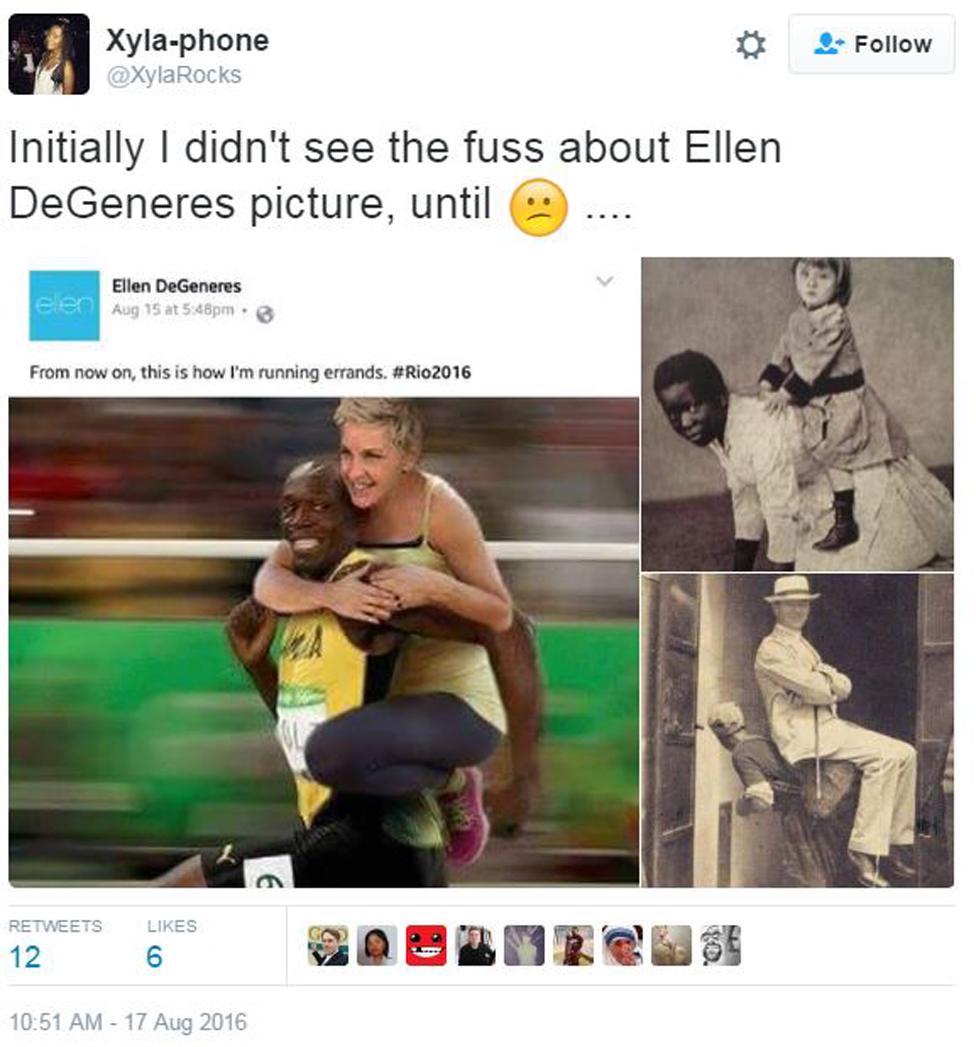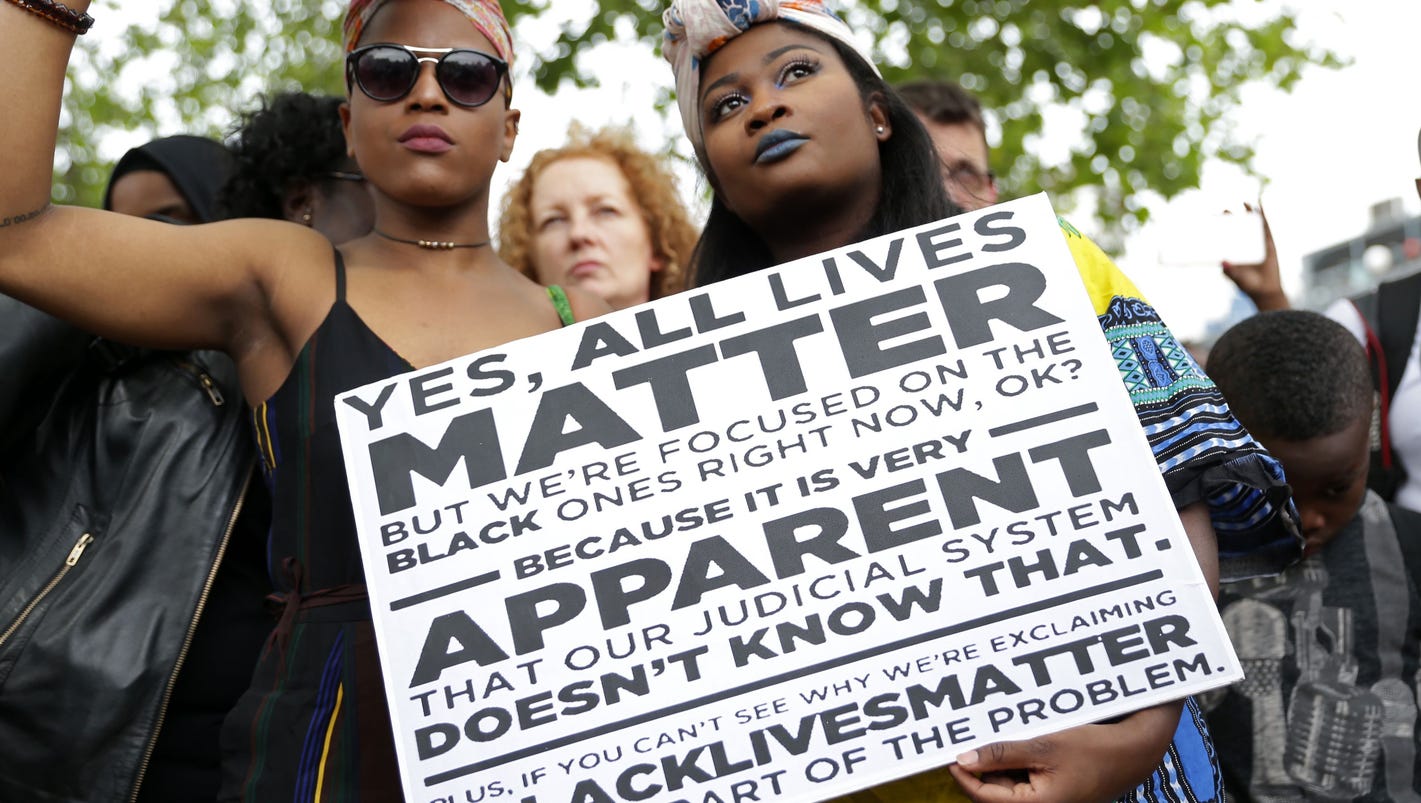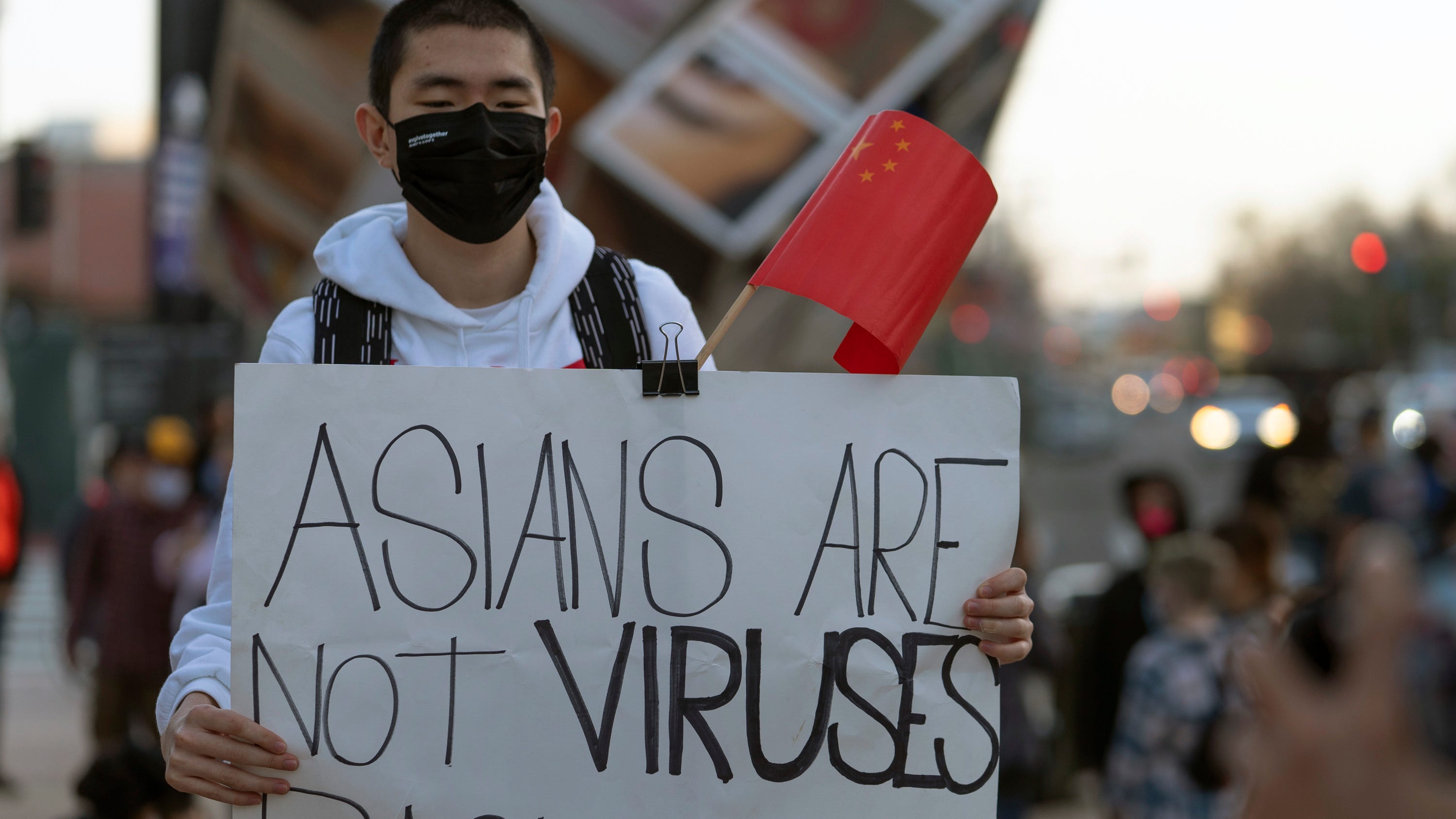Racist Jokes: Why They Hurt & How To Move Forward
Are racist jokes merely a comedic convention, or do they carry a far more insidious impact on our society? The truth is, racist jokes are not just harmless amusement; they are a symptom of deeper societal issues, carrying the weight of history, and often, causing profound pain.
Humor, at its core, is a powerful force. It shapes our perspectives, influences our interactions, and molds our understanding of different cultures and communities. Yet, when this very power is wielded to reinforce stereotypes and perpetuate inequality, it becomes a problem of significant magnitude. This isn't a call to eradicate humor or to embrace excessive sensitivity. It's a plea for awareness, a call to recognize the impact of our words and actions. This article seeks to dissect the harmful nature of racist jokes, explore the psychology behind them, and offer pathways toward a more inclusive and understanding world.
Let's begin by defining the core of the matter. Racist jokes, in essence, are any forms of humor that utilize racial stereotypes, prejudices, or discrimination to elicit laughter. These jokes often target specific groups based on their race, ethnicity, or cultural background, ranging from subtle digs to overtly offensive statements. Regardless of their form, they are far from harmless.
The common defense, "It's just a joke! Don't be so sensitive," often arises. However, humor is not a neutral entity. It carries meaning. When this meaning reinforces damaging stereotypes, it becomes problematic. Racist jokes are not just about eliciting laughter; they serve to maintain power dynamics and perpetuate inequality.
Defining Racist Jokes
To clarify, a racist joke can be defined as any joke that:
- Relies on racial stereotypes for its humor.
- Perpetuates harmful narratives about a specific group.
- Creates or reinforces a sense of superiority or inferiority based on race.
Essentially, if the punchline hinges on mocking someone's race or culture, the joke is likely racist. No matter how "light-hearted" it may seem, it still contributes to a culture of exclusion and division.
- Im Sorry Alternatives To Full Open Sexy Videos Great Content Ideas
- Is Job Mccully Alive Debunking The Rumors Amp Career
Why Are Racist Jokes Harmful?
Having established the existence of racist jokes, let's delve into the reasons for their harmfulness. First and foremost, they normalize discrimination. When we laugh at jokes built on racial stereotypes, we implicitly endorse those stereotypes, presenting them as acceptable or even humorous. This sets a dangerous precedent.
Secondly, racist jokes can have tangible consequences. They contribute to a culture of bias and prejudice, potentially leading to discrimination in hiring, education, and even law enforcement. The impact on the targets of these jokes can be devastating, leaving them feeling marginalized, devalued, and unsafe.
Psychological Impact
Research confirms the negative impact of exposure to racist jokes on mental health. Individuals of color may experience heightened anxiety, depression, and lowered self-esteem. For those who tell the jokes, harmful biases can be reinforced, reducing empathy towards the experiences of others.
The implications go far beyond simply "having a sense of humor." It's about recognizing the real harm these jokes can inflict.
The Psychology Behind Racist Jokes
Why do people tell racist jokes in the first place? Is it purely about being funny, or are there deeper psychological factors at play? The truth is, the motivations are multifaceted. For some, racist jokes serve as a means to assert dominance or feel superior. For others, they're a coping mechanism for discomfort or uncertainty related to race and diversity.
However, humor reflects our values and beliefs. Telling racist jokes reveals our biases and prejudices, which isn't something to be proud of. Instead, we should strive to create a world where humor unites people, rather than divides them.
Why Do People Laugh?
Why do people laugh at racist jokes? Is it because they genuinely find them funny, or is it out of fear of speaking up? Often, laughter can be a form of compliance. People might laugh to avoid conflict or to fit in. However, this doesn't imply they find the joke amusing or that it's acceptable.
Impact on Society
Racist jokes exist within a larger framework of inequality and discrimination. Allowing these jokes to go unchallenged contributes to a culture that tolerates racism and marginalizes specific groups. This isn't the kind of society we should be aspiring to.
To foster a world where everyone feels valued and respected, it's necessary to address the harm caused by racist jokes. This involves calling them out, educating others about their impact, and actively creating a more inclusive culture.
Creating Change
Change begins with awareness. Recognizing the harm caused by racist jokes helps us dismantle the systems that perpetuate them. This extends beyond individual actions; it's about creating a society that values diversity, equity, and inclusion.
Examples of Racist Jokes
Here are a few examples of racist jokes:
- "Why do Asians always carry chopsticks? Are they scared theyll run out of forks?"
- "Why are black people so good at basketball? Because theyre practicing for when they have to run from the cops."
- "Why do Mexicans always carry ladders? Because theyre trying to climb the border wall."
These jokes depend on harmful stereotypes and perpetuate discrimination. This is unacceptable.
How to Address Racist Jokes
When confronted with a racist joke, take a deep breath. Calling someone out, especially a friend or family member, isn't easy. However, it's crucial to address the issue calmly and respectfully.
Here are a few suggestions:
- Explain why the joke is harmful.
- Share your personal experiences or feelings about the joke.
- Encourage the person to critically examine their words and actions.
The objective is not to shame or embarrass but to educate and foster understanding.
Difficult Conversations
These conversations aren't always easy, but they are necessary. They establish a space where people can safely ask questions, share perspectives, and learn from each other. This is how real change happens.
Alternatives to Racist Jokes
What type of humor is acceptable if racist jokes aren't? Fortunately, there are many ways to be funny without relying on harmful stereotypes. Consider wordplay, satire, or observational humor instead. These forms of humor can be just as entertaining while avoiding the pitfalls of racism.
Here are some examples:
- "Why dont scientists trust atoms? Because they make up everything!"
- "Why did the scarecrow get promoted? Because he was outstanding in his field!"
- "Why dont skeletons fight each other? They dont have the guts!"
It's possible to make people laugh without harming anyone.
Role of Media in Perpetuating Racist Jokes
The media profoundly shapes our perceptions of race and humor. From television shows and movies to social media, we're constantly exposed to representations of different cultures and communities. Unfortunately, these representations aren't always positive.
When the media perpetuates racist jokes, it reinforces harmful stereotypes and contributes to a culture of discrimination. Therefore, creators must be mindful of the messages they're sending, striving for more inclusive and respectful portrayals.
Media Responsibility
Media outlets are responsible for creating content that reflects the diversity of our world. This means avoiding racist jokes and stereotypes and instead focusing on stories that celebrate different cultures and experiences. As consumers, we're responsible for supporting media that aligns with our values.
How to Foster Inclusive Humor
How do we cultivate a culture of inclusive humor? It begins with education. We need to teach people about the impact of their words and actions, encouraging critical thinking about the jokes they tell. We should also celebrate humor that unites people, rather than tears them apart.
Here are a few ways to foster inclusive humor:
- Encourage open and honest conversations about race and humor.
- Support comedians and creators who use their platform to promote diversity and inclusion.
- Challenge yourself and others to think outside the box when it comes to humor.



Detail Author:
- Name : Prof. Gerhard Romaguera
- Username : myrtle.stiedemann
- Email : broderick.langosh@borer.com
- Birthdate : 1993-09-29
- Address : 260 Lueilwitz Burgs Suite 999 Jaleelton, MS 55517
- Phone : 915.264.7620
- Company : Wintheiser PLC
- Job : Tractor Operator
- Bio : Delectus ex nesciunt voluptatibus temporibus eius. Omnis et atque enim sit. Sequi soluta eum sunt iure voluptatem exercitationem rem. Provident laboriosam sed ea praesentium neque.
Socials
twitter:
- url : https://twitter.com/turner1999
- username : turner1999
- bio : Et quis voluptatibus molestiae. Minima nesciunt ratione totam quaerat. Enim qui quas vel enim.
- followers : 4310
- following : 222
instagram:
- url : https://instagram.com/audraturner
- username : audraturner
- bio : Aperiam repellendus dolorem sit perferendis. Et inventore omnis amet quis dolore.
- followers : 3430
- following : 505